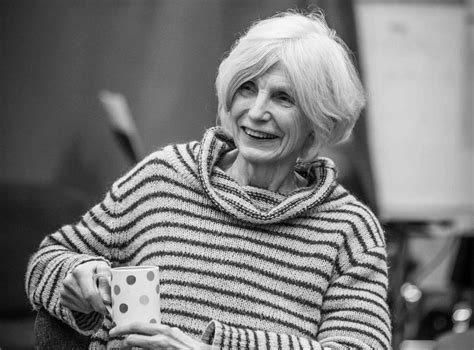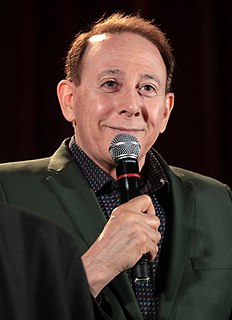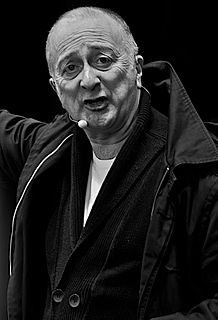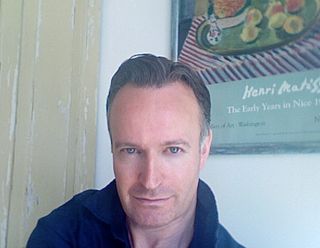A Quote by Caryl Churchill
I was fed up with the situation I found myself in in the 1960s. I didn't like being a barrister's wife and going out to dinner with other professional people and dealing with middle class life. It seemed claustrophobic.
Related Quotes
My son was born somewhat late in my life and I just found myself really feeling like I didn't want to miss out on being a parent and being with him, and not wanting a situation where I was constantly pulled back and forth between being present, and having all these other pressures and considerations.
The light bulb going off in my head was a fear that in this pivotal moment in history, when America faces so many serious problems, when the middle class and working class of this country are being decimated, that there were not voices out there representing the tens of millions of people who needed a voice. And the idea of going through a campaign where there is not a serious discussion about the most important issues facing America, where there are not voices out there representing people who are hurting - that seemed to me unacceptable.
The size of the U.S. middle class has been shrinking. Wages have been stagnant. We don't have those factory jobs that paid a living wage and enabled a family to have a home where the wife did not have to work. But we sent our factories abroad and there is no likelihood of getting them back. Equally worrisome is that some managerial jobs and professional jobs (such as lawyers) which support middle class life are threatened by automation.
If I really want to improve my situation, I can work on the one thing over which I have control-myself. I can stop trying to shape up my wife and can work on my own weaknesses. I can focus an being a great marriage partner, a source of unconditional love and support. Hopefully, my wife will feel the power of proactive example and respond in kind. But, whether she does or doesn't, the most positive way I can influence my situation is to work on myself, on my being.
The American middle class always wants to be upper class and is scared to death of being lower class. It's a highly mobile group of people. They're not like the people that want to be shopkeepers forever, have always been shopkeepers and want always to be shopkeepers. These people mostly are insulted by being called middle class.
I felt like the luckiest kid in the world. And I was. I was growing up middle-class in a time when growing up middle-class in America meant there would be jobs for my parents, good schools for me to prepare myself for a career, and, if I worked hard and played by the rules, a chance for me to do anything I wanted.
If we [black people] do not show up and support the march towards cinematic equality, the march towards being on a level at - we don't even have to be higher than whites, but to be viewed in the same common thread of this is a professional, these are stories that people are interested in, instead of being fed the same old BS dogma that's been fed and the studios have used.
The working class of England today have no vision of society beyond the acquisitive - no version of themselves or their habits as anything other than transitional, on their way up or on their way out. The working class, at best, is a waiting room for people who aim to become middle class if possible.





































